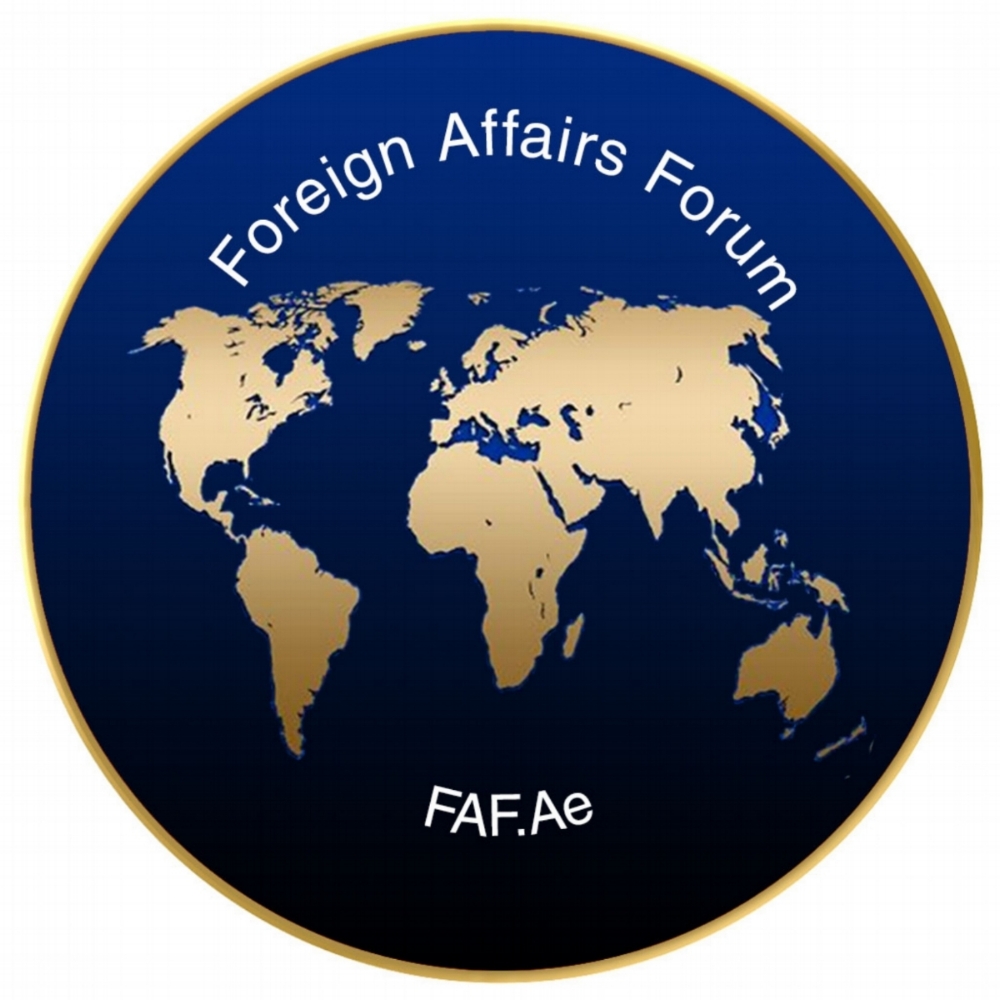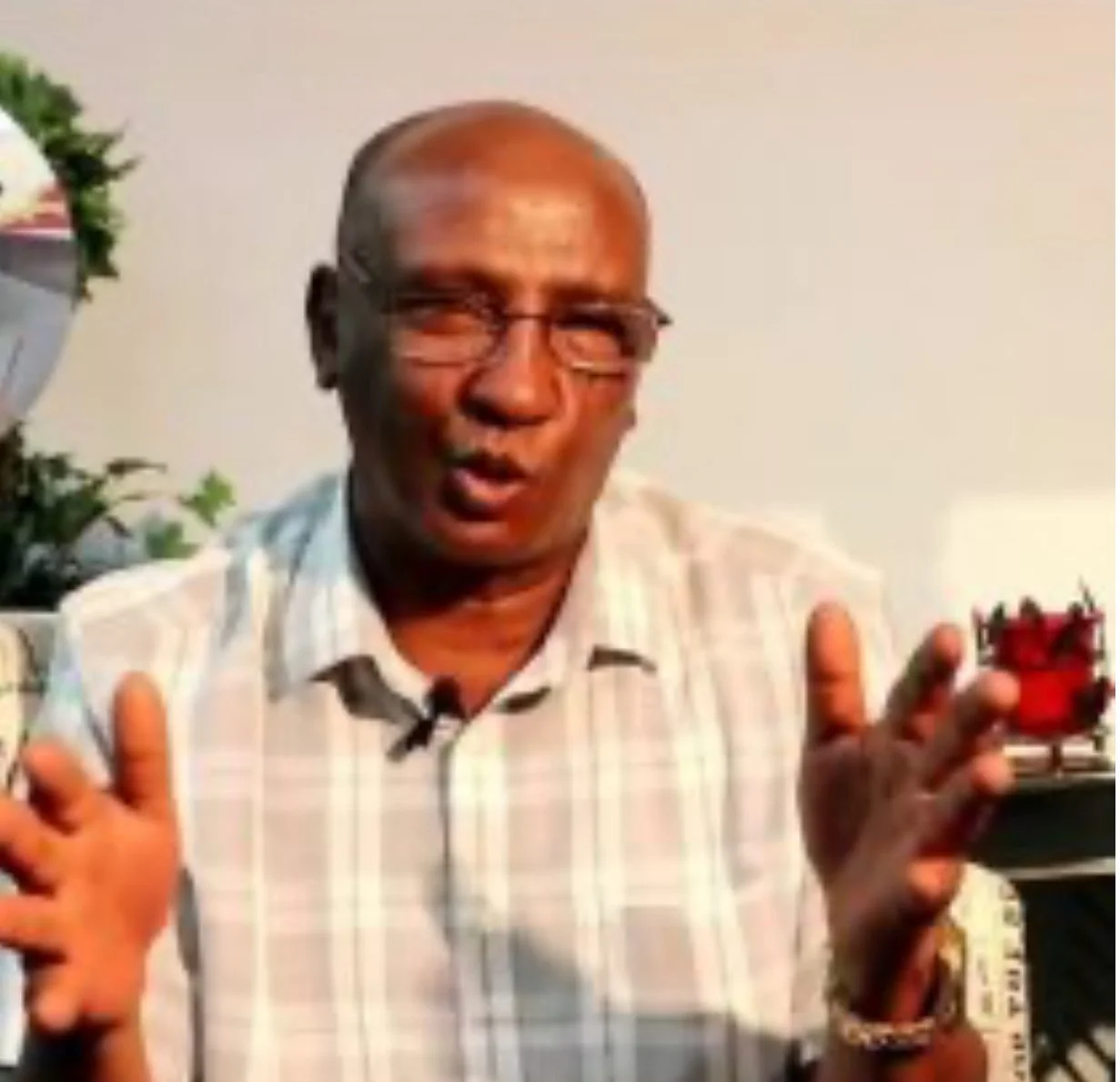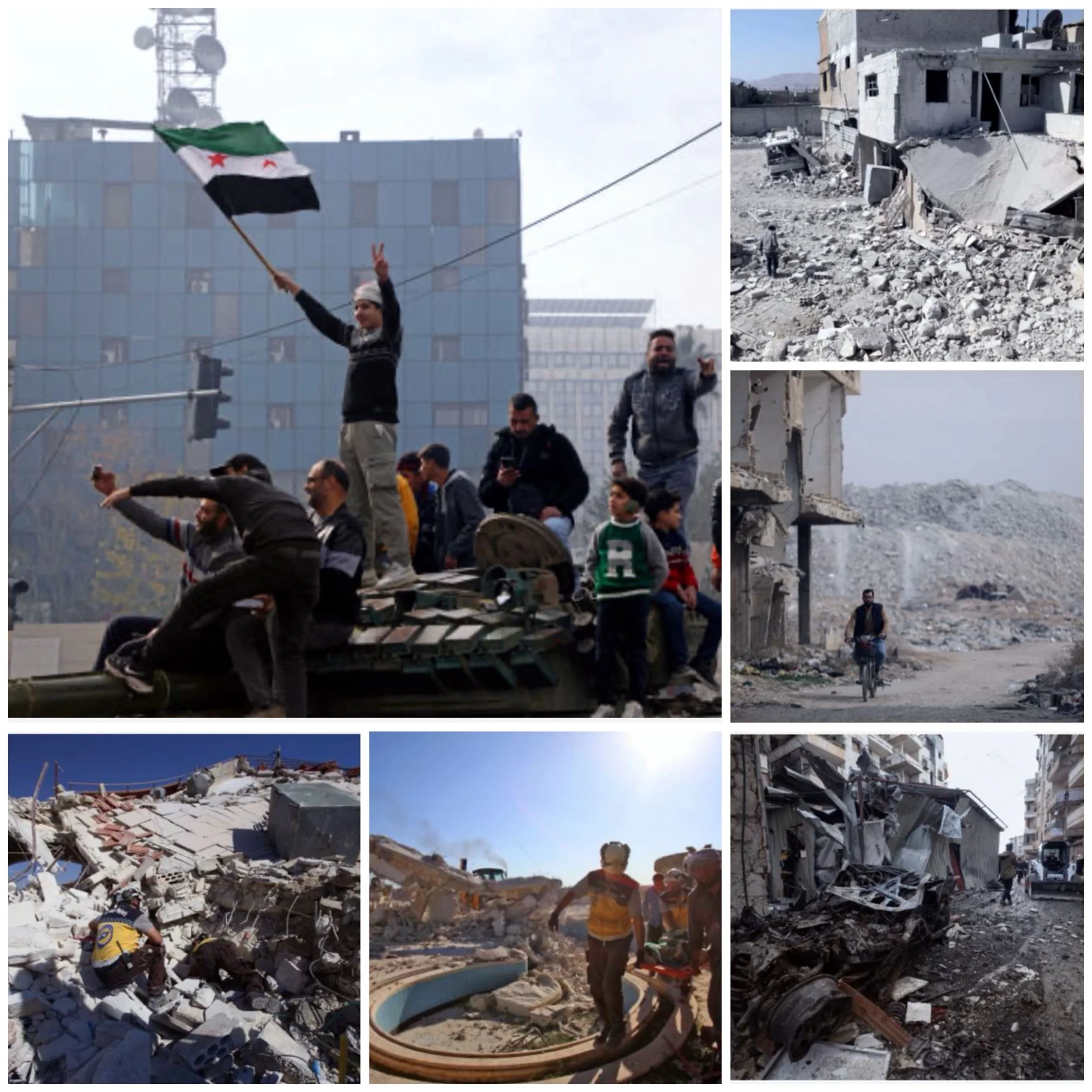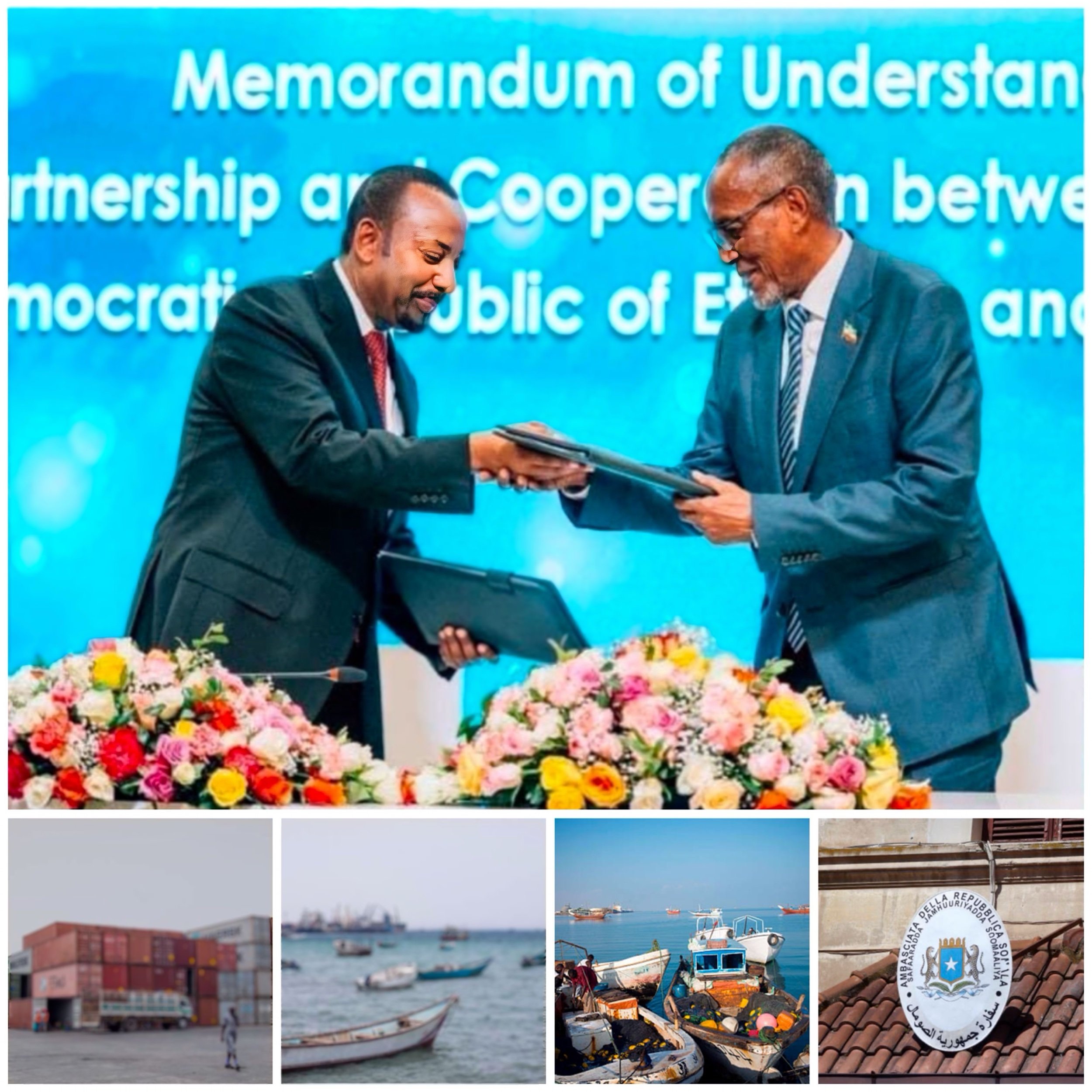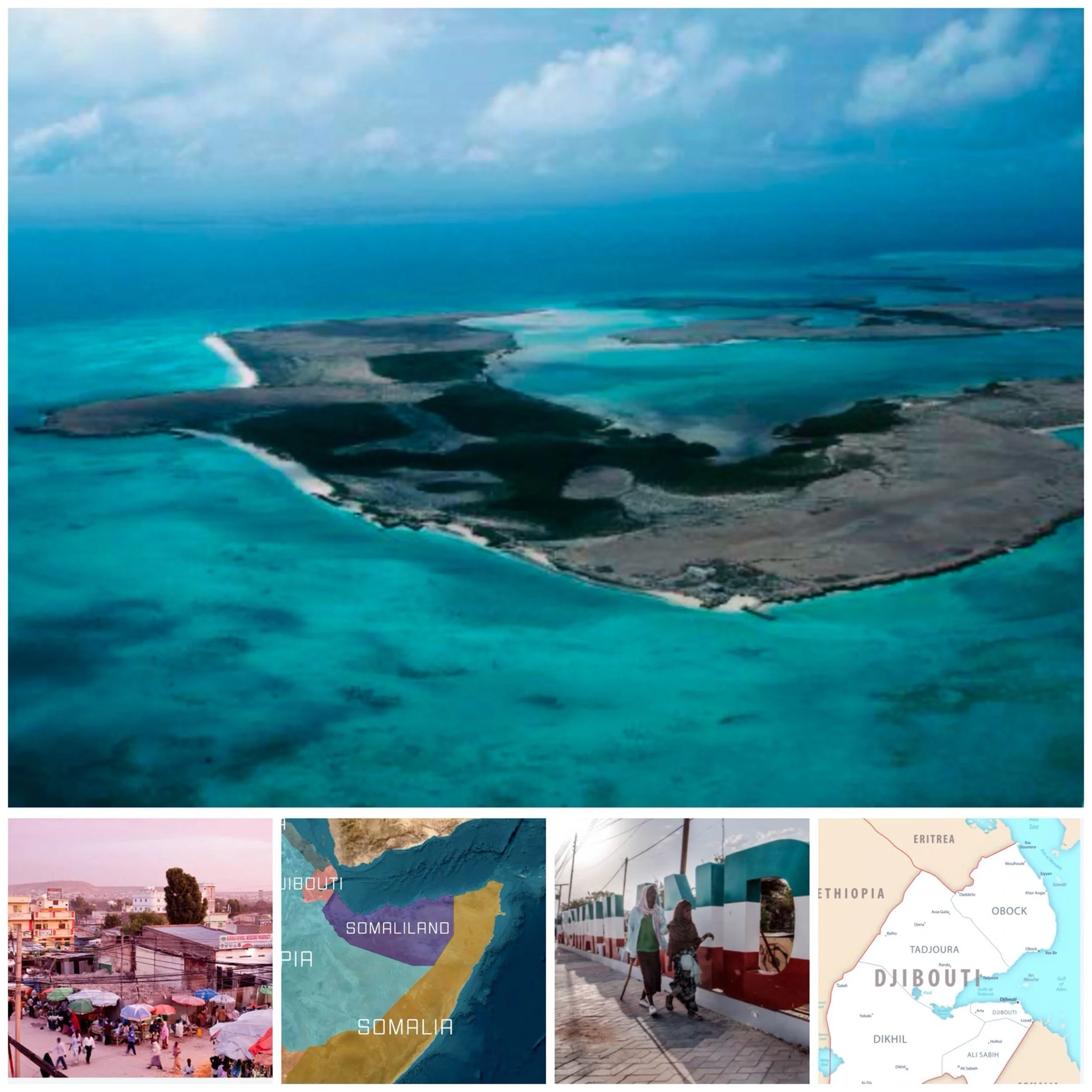How did the genocide influence the political landscape of Somaliland
Introduction
The Isaaq genocide had a profound impact on the political landscape of Somaliland, leading to significant changes in the region’s governance and international status:
Declaration of Independence
On May 18, 1991, the Somali National Movement (SNM) declared the northwest region of Somalia independent, establishing the Republic of Somaliland.
This declaration came after the collapse of Siad Barre’s regime in January 1991, as the SNM had successfully taken control of northwestern Somalia, including Hargeisa and other regional capitals.
Reconciliation and State-Building
The SNM prioritized peaceful co-existence and reconciliation among Somaliland’s clans immediately after gaining control.
A series of conferences were held, including:
The February 1991 peace conference in Berbera, which proclaimed a formal ceasefire.
The March 1991 meeting of elders from non-Isaaq clans to reconcile potential differences.
The April 1991 meeting with Isaaq clan elders in Hargeisa.
The Guurti Congress of the Elders in late April 1991, which led to the formal declaration of independence.
Establishment of a New Government
An interim government was formed based on the SNM’s organizational structure.
Abdulrahman Ali Tuur, the SNM chairman, became Somaliland’s first executive president.
The SNM’s central committee functioned as the country’s first parliament.
Focus on Inclusivity
The new government made efforts to accommodate non-Isaaq communities by enlisting their participation in the new regime.
This approach aimed to create a more inclusive political system, addressing the marginalization that had contributed to the conflict.
International Recognition Challenges
Despite functioning as a de facto independent state, Somaliland has not received international recognition as a sovereign country.
This lack of recognition has impacted Somaliland’s ability to engage in international diplomacy and access certain forms of aid and support.
Pursuit of Justice
The Somaliland War Crimes Investigations Commission was established in the mid-1990s to investigate mass graves, provide proper burials, and seek judicial action against those responsible for the killings.
However, the commission remains underfunded and lacks international support, limiting its effectiveness in pursuing justice for genocide victims.
Conclusion
The genocide’s impact on Somaliland’s political landscape has been lasting, shaping its path towards self-governance, reconciliation, and the ongoing struggle for international recognition. The memory of the genocide continues to influence Somaliland’s political identity and its determination to maintain independence from Somalia.
